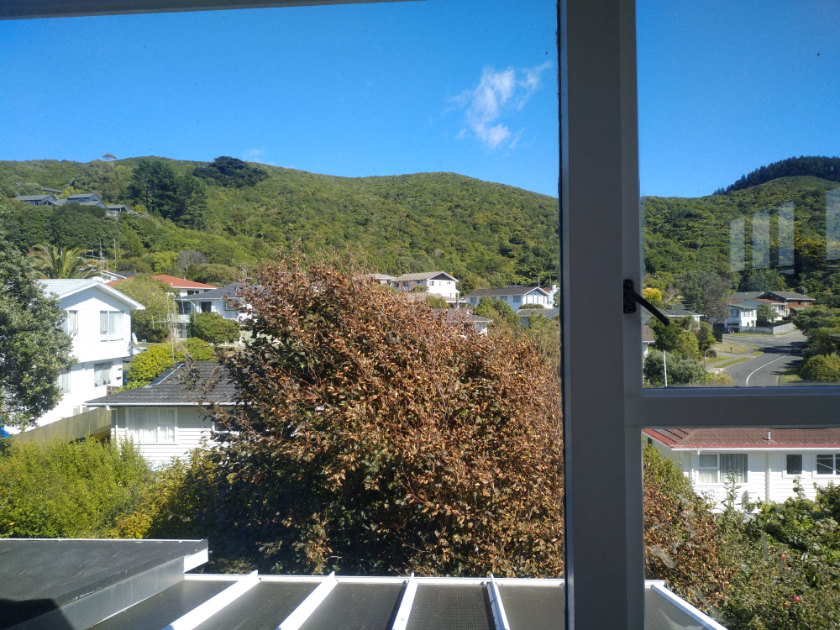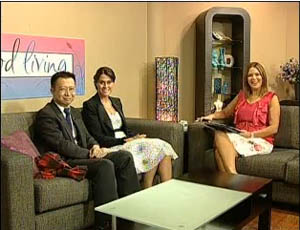When I was 13, my father became self-employed after being made redundant at his work. By choice, my mother did the same when I was in my early 20s. They both loved the lifestyle and I imagine it was inevitable I would do the same in my career, beginning at a time when I was still studying.
As some who self-isolate because of the coronavirus pandemic say that their mental health is affected, I thought I’d share how I’ve been based at home for over three decades.
1. For those working, make sure it’s not just one project. There’s nothing more wearing that having just one thing to work on the entire day. I always have a few projects on the go, and make sure I switch between them. The second project should be a lighter one or be of less importance. Even if it’s not work, make sure it’s something that gives you a bit of variety.
2. Make sure you have a decent work set-up. I find it important to have a monitor where I can read things clearly. Also I set mine on a mode that restricts blue light. If you’re working at home, it’s not a bad idea to have comfortable settings on a screen. If your monitor doesn’t have a native mode to restrict blue light, there’s always F.lux, which is an excellent tool to make screens more comfortable.
If you’re used to standard keyboards and mice, that’s great, but for me, I have to ensure my keyboard is either at around 400 mm in width or less, and my mouse has to be larger than the standard size since I have big hands. Ergonomics are important.

3. Find that spot. Find a comfortable space to base yourself with plenty of natural light and ventilation. At-home pet cats and dogs do it, take their lead.
4. Stretch. Again, the cats and dogs do it. Get out of that chair every now and then and make sure you don’t get too stiff working from your desk. Exercise if you wish to.
5. If you relax to white noise or find it comforting, there are places that can help. One friend of mine loves his podcasts, and others might like music, but I enjoy having the sound of web video. And if it’s interesting, you can always stop to watch it. One site I recently recommended is Thought Maybe, which has plenty of useful documentaries, including Adam Curtis’s ones. These give an insight into how parts of the world work, and you might even get some theories on just what landed us in this situation in 2020.
When Aotearoa had two network TV channels, I dreamed of a time when I could have overseas stations accessible at my fingertips. That reality is now here with plenty of news channels online. If that’s too much doom and gloom, I’m sure there are others that you can tune into to have running in the background. Radio.net has a lot of genres of music.
6. Find that hobby. No point waiting till you retire. Was there something you always wanted to learn about but thought you’d never have time? I recommend Skillshare, which has lots of online courses on different subjects. You learn at your pace so you can delve into the course whenever you want, say once a day as a treat.
7. I do some social media but generally I limit myself. Because social media are antisocial, and they’re designed to suck up your time to make their owners rich (they look at how much attention they capture and sell that to advertisers), there’s no point doing something draining if you’ve got some good stuff to do in (1). However, they might be cathartic if you want to have some human contact or express your feelings. Personally, I prefer to blog, which was my catharsis in the mid-2000s, and which I find just as good today. It’s a pity the old Vox isn’t around these days as there’s much to be said for a long-form blogging network.
Sarb Johal started the #StayatHomeEnts hashtag on Twitter where Tweeters have been putting up some advice on what we each do to keep entertained. I just had a scroll down and they’re really good!
8. Many of us have this technology to chat to others, let’s use it. We’re luckier in 2020 that there’s Facetime, Skype, Google Hangouts, etc. I had thought that if we didn’t have social media, we’d be finding this an ideal opportunity to connect with others around the planet and learning about other cultures. I remember in the early days of the web how fascinating it was to chat to people in chatrooms from places I had never visited. I realize these days there are some weirdos out there, who have spoiled the experience for the great majority. But I’m sure there are some safe places, and if they’re not around, see what friends are in the same boat and form your own virtual networks. Importantly, don’t restrict yourselves to your own country.
9. Don’t veg: do something creative. For those of us with a creative bent, draw, write, photograph, play a musical instrument—something to de-stress. I can’t get through a day without doing one creative thing.
10. Anything in the house that you said you’d always do? Now’s your chance to do it, and hopefully you’ve got your tools and equipment at home already.
11. If you’re in a relationship, don’t get on top of each other—have your own spaces. Having said that, seeing my partner helps as I used to go into town a few times a week for meetings; because I see her each day, that need to meet up with colleagues to get out of your own headspace isn’t as strong.
12. Take plenty of breaks. You’d probably have to anyway, in order to cook (since you’re not heading out to a café) so structure in times to do this. It soon becomes second nature. Don’t plough through till well after your lunchtime or dinnertime: get a healthy routine. Remember that self-isolation means you can still go for walks, just not into crowded places or with someone. When we self-isolated in January over an unrelated bug, my partner and I headed to a local park that wasn’t busy during the day and we were the only ones there.
Normally I would have a small amount of meetings during the week but as I get older, they’re actually fewer in number, so I can cope with not having them.
Do you have any extra tips? Put them in the comments and let’s see if we can build on this together.







One thought on “Twelve things I do to keep balanced while working from home”